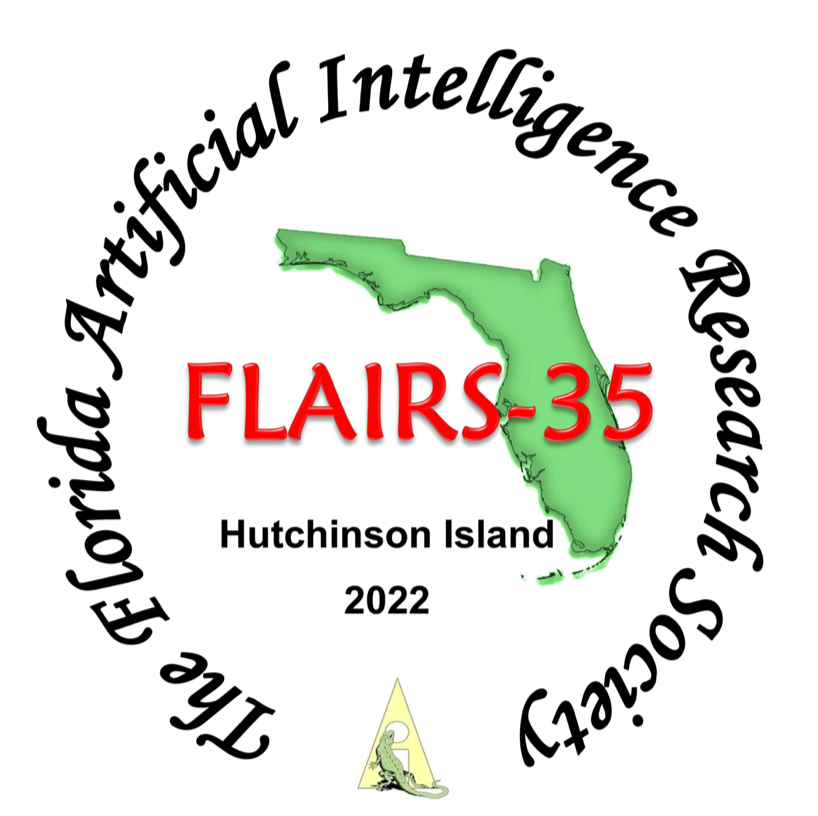Improving Trust via XAI and Pre-Processing for Machine Learning of Complex Biomedical Datasets
DOI :
https://doi.org/10.32473/flairs.v35i.130742Mots-clés :
Structural Health Monitoring, XAI, Machine Learning, Biomedical, Electromechanical ImpedanceRésumé
Complex datasets hold a special place among engineers as the engineering community seeks to solve some of the world’s most difficult problems, but with complexity, comes difficulty in analysis and interpretation. Machine learning seeks to solve this problem by aiding in the analysis of these complex datasets, but the implementation of machine learning intro-duces an entirely new problem, that of transparency. Ma-chine learning often results in models that perform the as-signed task quite well, but the issue lies in the often black-box nature of machine learning models. Often in the engineering community, it can be difficult to trust black-box machine learning models to make crucial determinations within a com-plex dataset. This study explores this issue by expanding on previously conducted work in which a complex biomedical dataset was generated to explore the problem of persistent pain experienced after receiving a total knee replacement (TKR). Previous work saw the generation of simulated TKRs with varying levels of damage, and structural health monitoring (SHM) techniques were used to collect measure-ments on the samples with the hope of identifying a method to detect the presence of damage. Machine learning was then introduced as a technique to classify the varying levels of damage present in the dataset. This study explores the im-plementation of explainable artificial intelligence (XAI) as well as data processing techniques as a method to combat the black-box nature of machine learning models and generate more trustworthy models with respect to domain knowledge.
Téléchargements
Publié-e
Comment citer
Numéro
Rubrique
Licence
© Brandon Hines, Douglas Talbert, Steven Anton 2022

Cette œuvre est sous licence Creative Commons Attribution - Pas d'Utilisation Commerciale 4.0 International.


